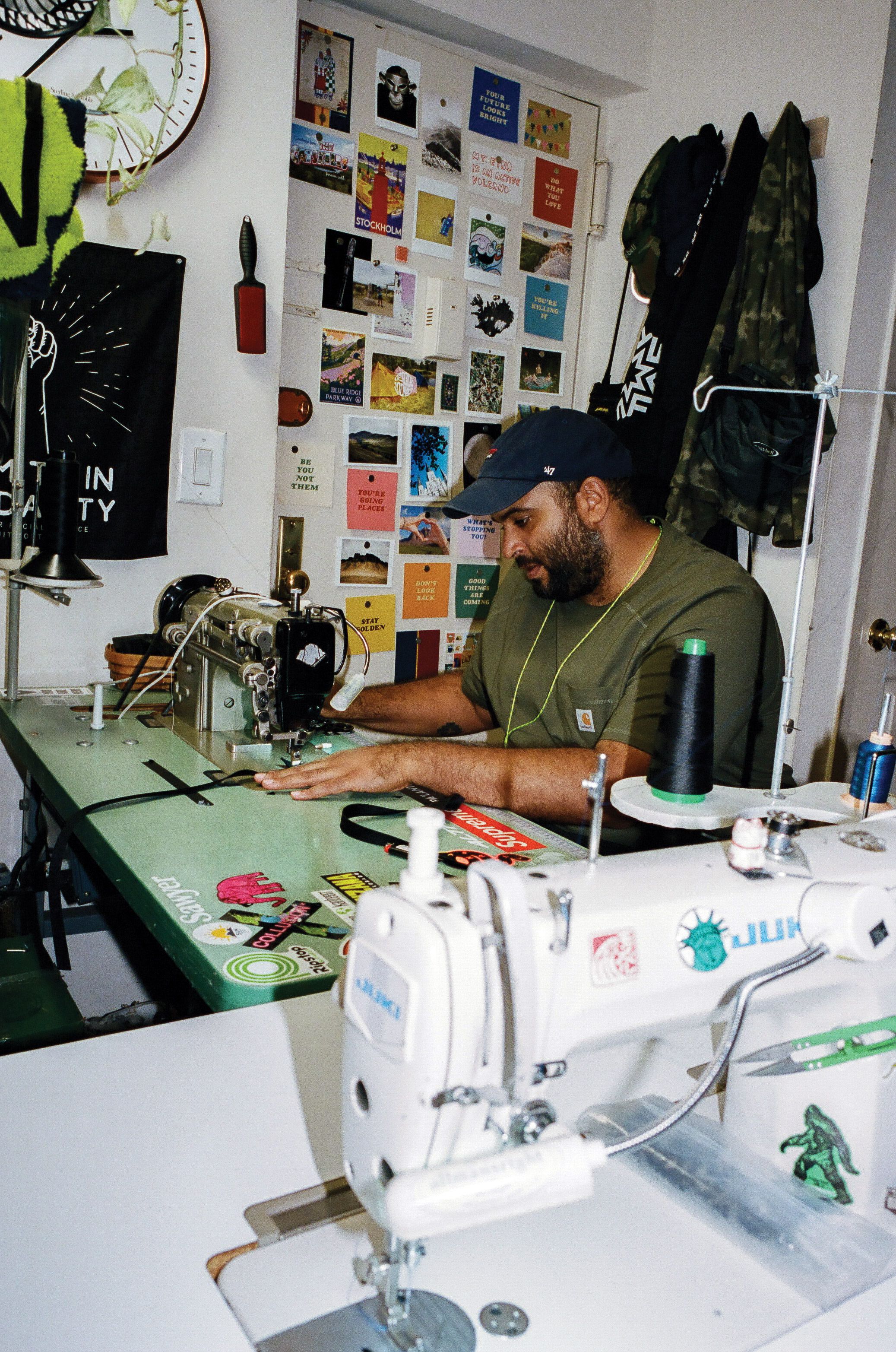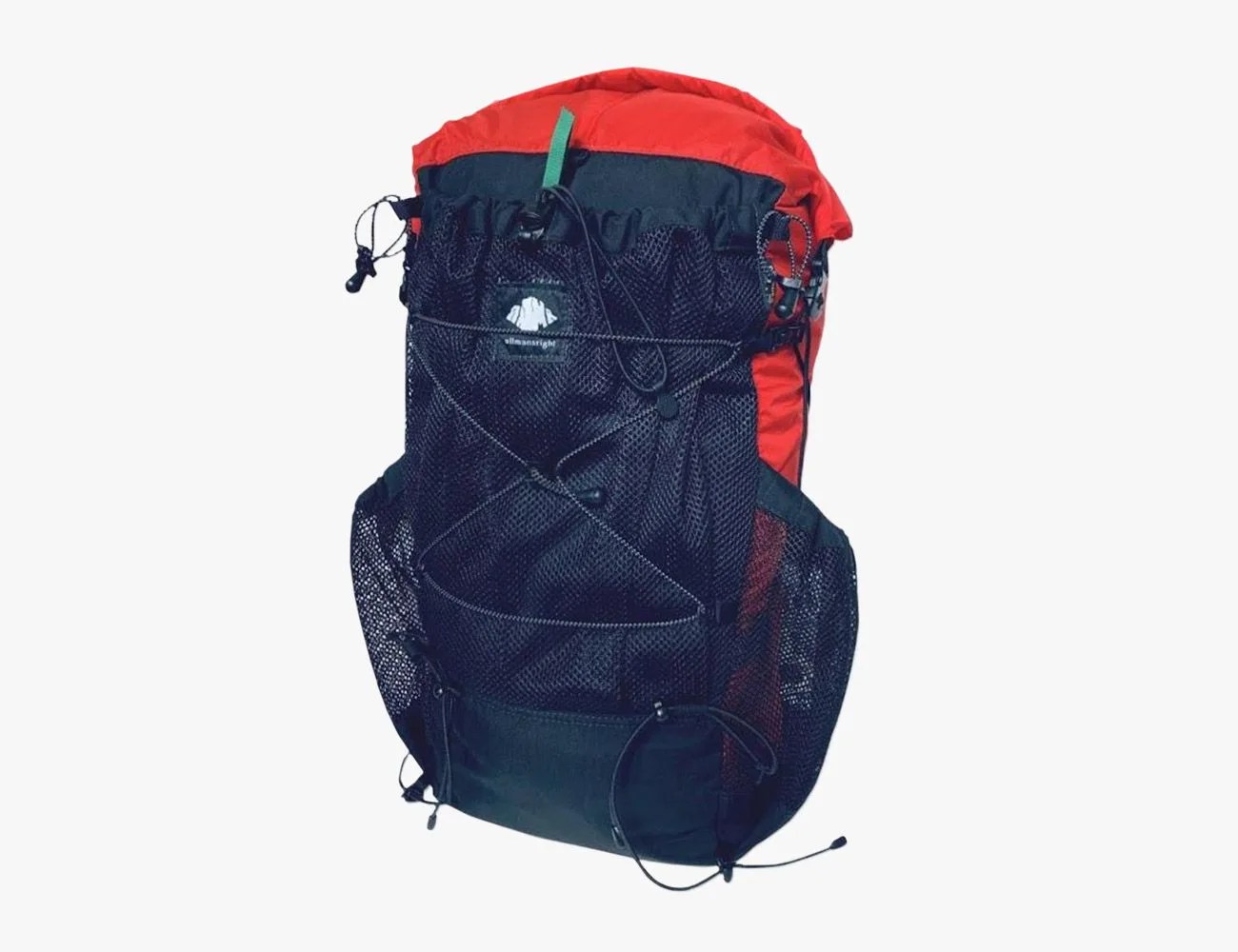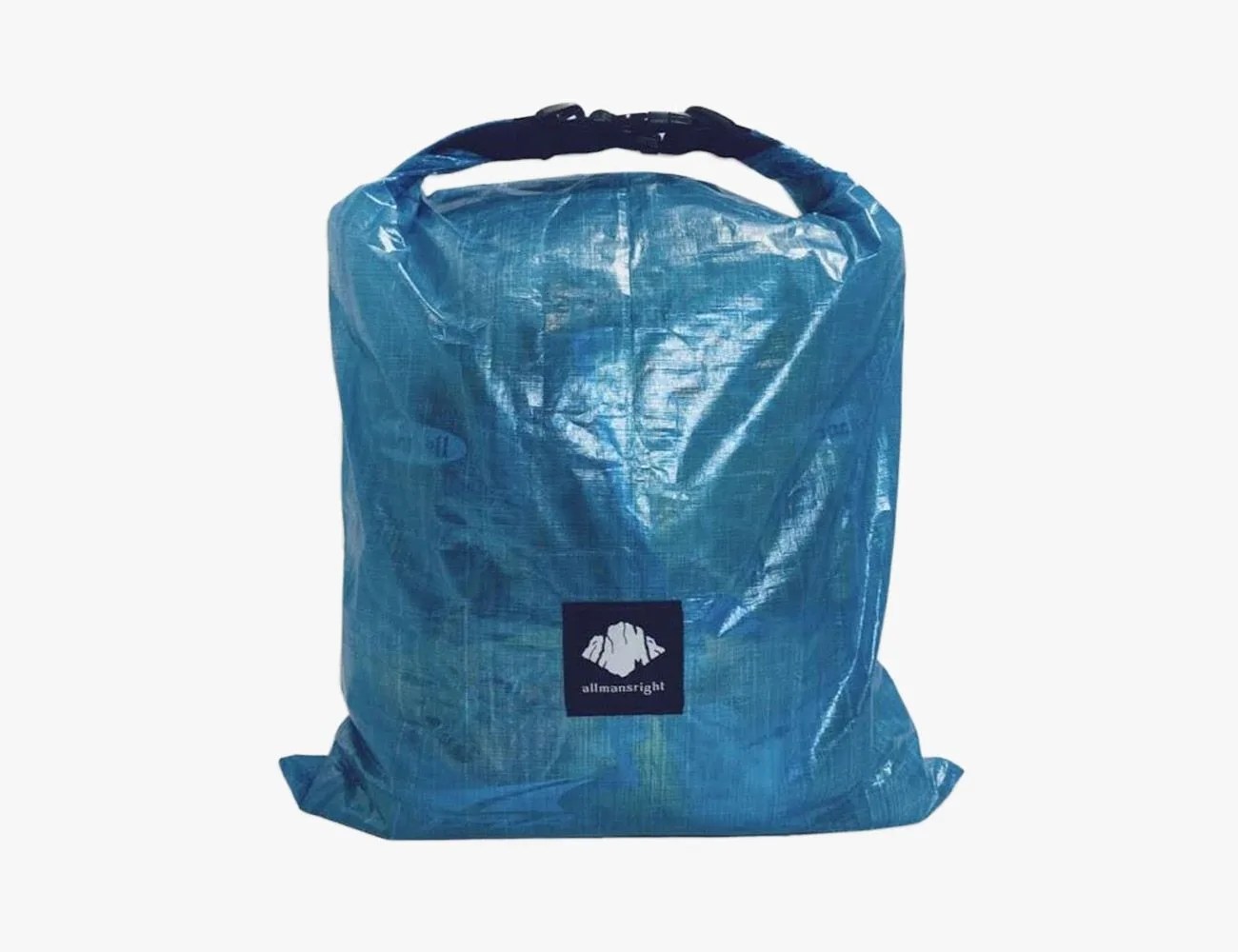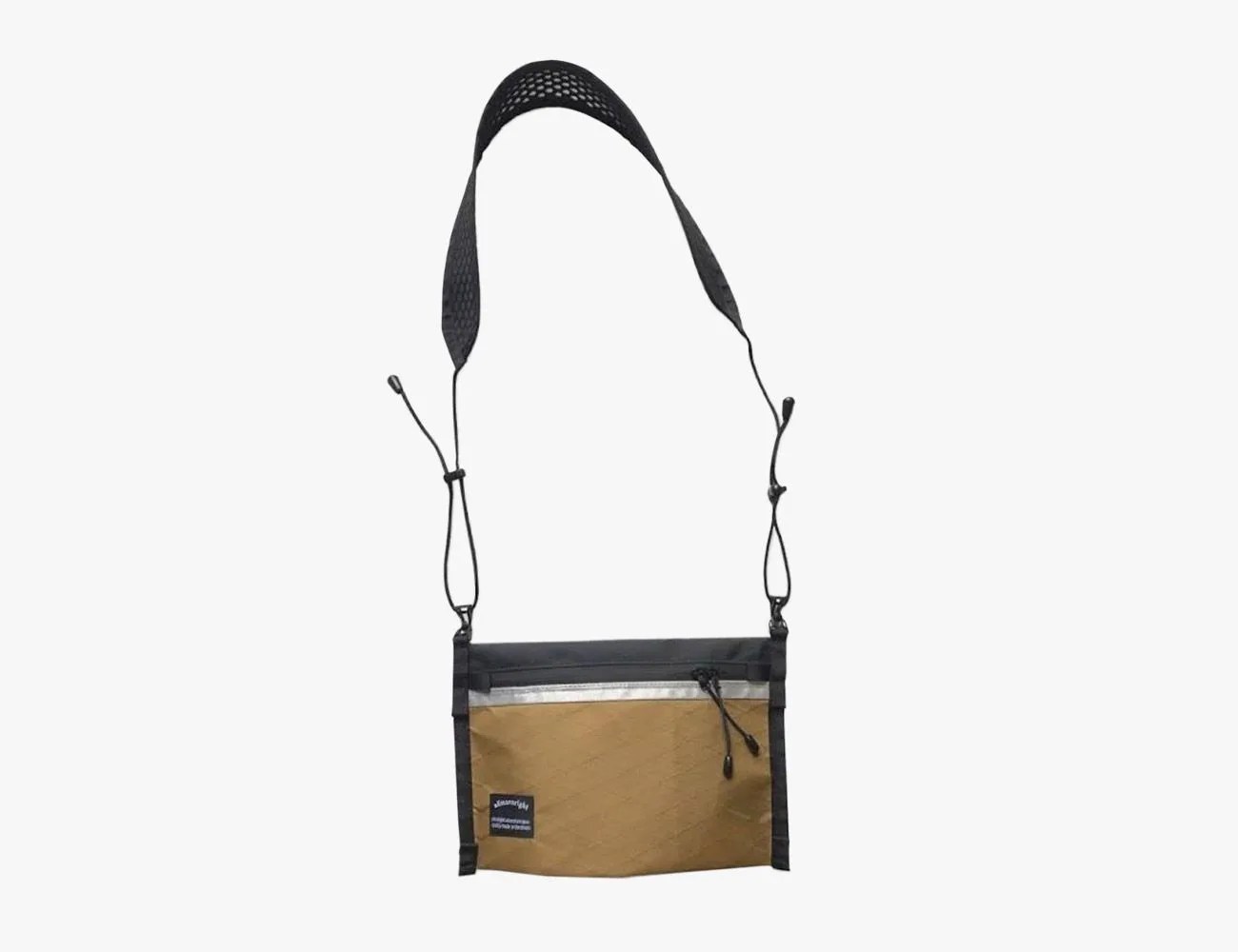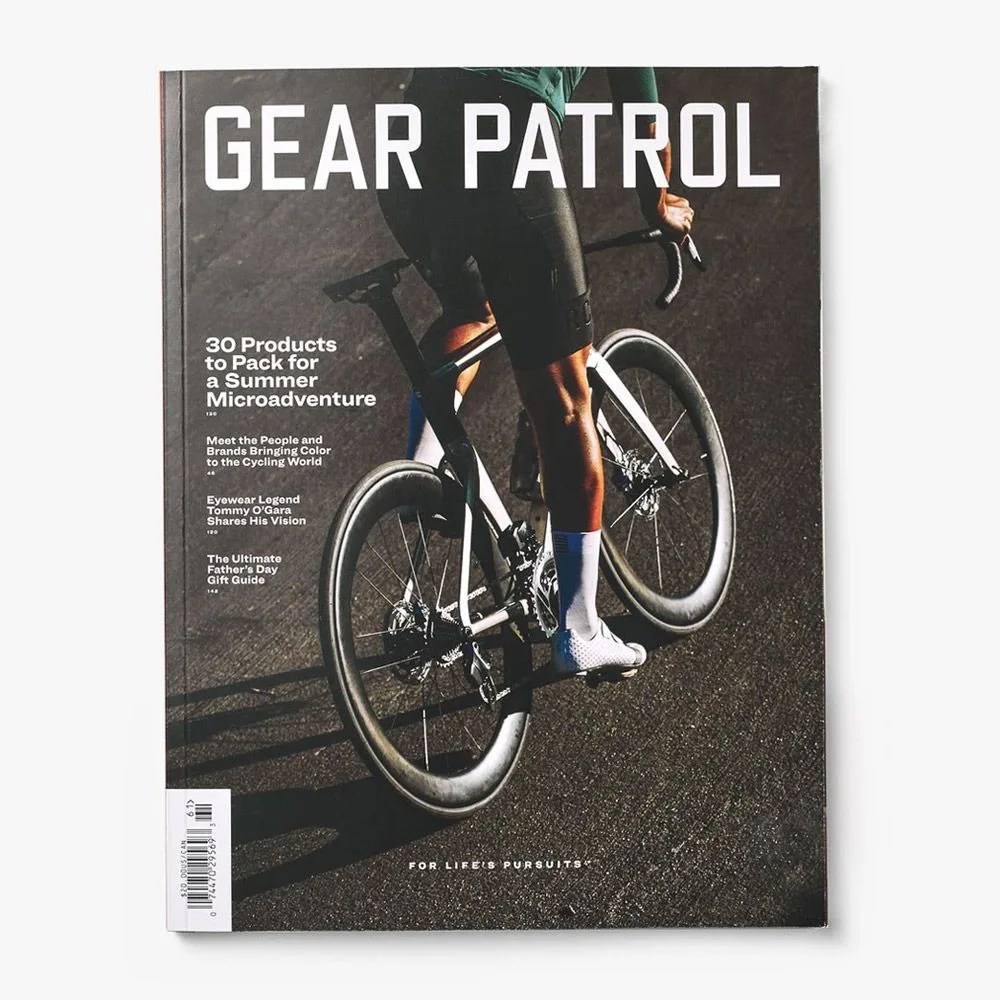There is an edict in Sweden, granted by the country’s constitution, called allemansrätten. Translated, it means “everyman’s right,” but Swedes know it as the Right of Public Access, a rule that grants individuals and groups the right to roam the countryside freely —to camp, forage, swim and climb, all without needing permission to cross private land.
Finland, Norway, Scotland, Iceland and a few other countries uphold a similar creed of access, but it’s nigh unthinkable in the United States, where brightly hued NO TRESPASSING signs adorn trees and fence posts, even where other traces of civilization are absent. Nevertheless, it’s this foreign term that Livio Melo ad-opted as the namesake and ethos of his burgeoning brand, Allmansright.
“Our brand is about reintroduction into nature. Bringing it to more people and living a natural life.”
For Melo, the term represents not only an opening of the land, but an opportunity for people of all shapes, sizes and colors to experience it — a perspective he comes by honestly. After all, Melo didn’t grow up in Scandinavia or exploring the outdoors. He is a man of many (other) places: the Dominican Republic, Miami, New Jersey and the Bronx, where he now lives with his wife and Allmansright’s cofounder, Jennifer Jacobsson, who is Swedish. In fact, it wasn’t until his late 20s that Melo took his first overnight hiking trip — “I had no idea there were even trails,” he says — making Allmansright’s origin story even more improbable.
Melo is a student of robotics and industrial design and a graduate of Parsons School of Design, where he dabbled in everything from fine art to furniture. But these days, his focus is on ultralight camping equipment, an interest he developed after backpacking with some secondhand gear (and nearly freezing to death) in New York’s Harriman State Park.
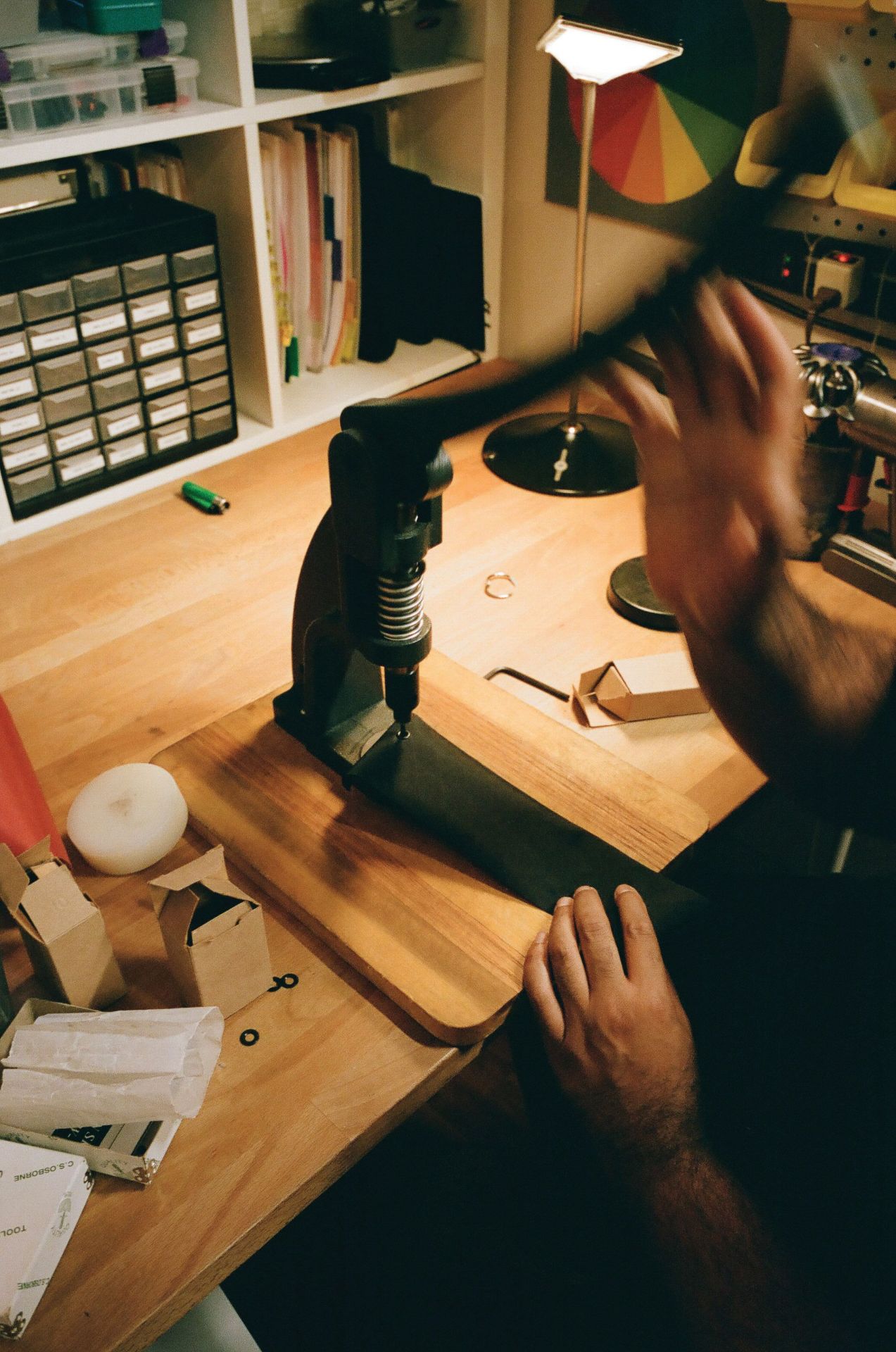 Garrett Fox
Garrett Fox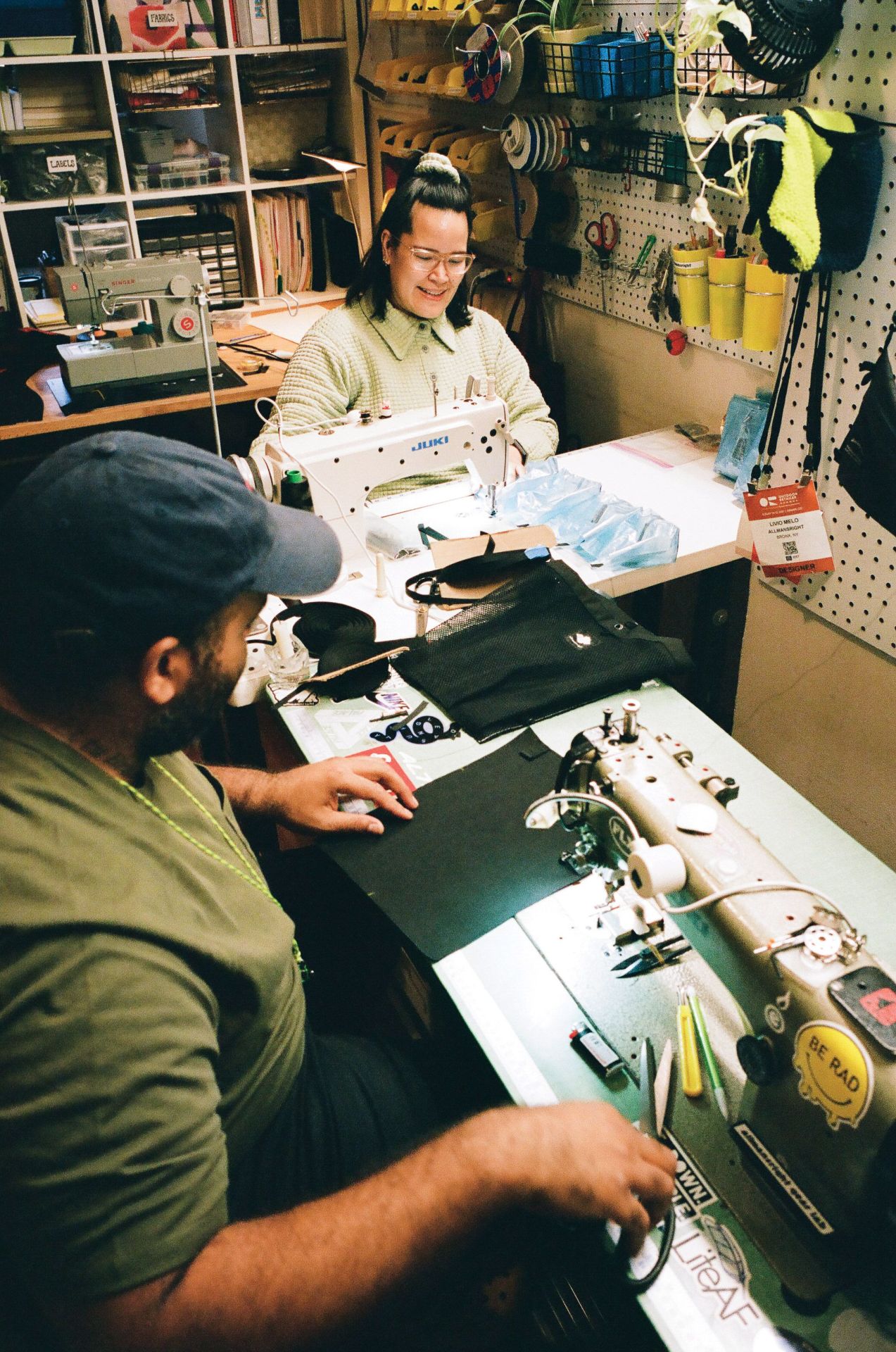 Garrett Fox
Garrett FoxAt first, Melo made gear for himself. “But I’ve always wanted to design and sell stuff,” he says. So after a couple years of experimenting (it should come as no surprise that he’d never sewn before, let alone stitched together a pack — or that such hang-ups wouldn’t stop him), he and Jacobsson founded Allmansright in 2020.
